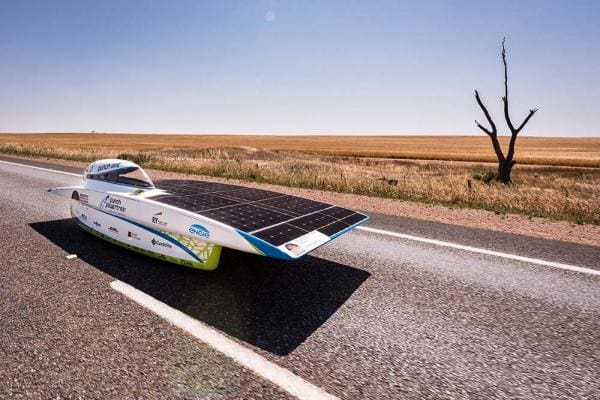
Plasmatreat Highlights at the K Show 2022: Solar Technology, Recycling Applications and Science Corner
Ground breaking developments and visionary impulses around plastics processing are the focus of the fair trade program of Plasmatreat GmbH from Steinhagen. With its Openair-Plasma technology, the world market leader for atmospheric plasma technology presents a safe, efficient, and environmentally friendly alternative to conventional surface treatments for plastics.
Trade show visitors will experience innovative application examples from solar technology and the processing of recycled plastics at booth I65, Hall 11. At the Science Corner at the Plasmatreat booth, visitors will even have the opportunity to have materials they have brought along tested with plasma treatment on site.
More sustainable and better bonding, coating, or printing
At the Plasmatreat booth, visitors will learn how plasma works as an efficient, environmentally friendly alternative in industrial applications: During treatment with Openair-Plasma, groupings containing oxygen and nitrogen are introduced into the mostly non-polar plastics to increase the surface energy. This way, non-reactive materials can be activated and optimally prepared for further industrial treatment. Activation increases the wettability of the surface and thus also the adhesion capacity. This improves the adhesive strength of adhesives and coatings and the material’s printability. Materials for which activation is insufficient to have another process available in the form of PlasmaPlus technology. This nanocoating of surfaces creates specifically functionalised surfaces that can be both superhydrophobic and superhydrophilic. This results, for example, in further increased adhesion. With plasma applications, the plastics processing industry benefit from an expanded choice of materials because, in this way, cost-intensive engineering plastics can be exchanged for less expensive standard plastics, recycled materials can be reliably processed, and even originally incompatible plastics can be joined together. All plasma processes are solvent-free, thus improving the environmental balance sheet, can be used in a location-selective manner, and can be easily integrated into existing production lines. Applying companies can significantly reduce their CO2 footprint with plasma technology and treat surfaces VOC-free.
Solar-powered race car and recycling crinkle cup.
A highlight of the Plasmatreat trade show’s appearance is the presentation of pioneering application examples. Among others, topics such as renewable energy production and environmentally friendly mobility are covered. For example, in solar technology, the specialist for atmospheric plasma technology can show many years of experience. As part of the “Punch One” project, Belgian students developed a solar vehicle powered solely by solar energy to demonstrate the benefits of green energy. “After reaching optimal reliability in previous cars, we shifted focus to efficiency and weight optimisation for the Punch One solar car. Thanks to plasma treatment, we managed to get an optimal adhesion between the car’s outer shell, suspension, and structural ribs while keeping material usage and weight to a minimum,” explains Jarno Van Hemelen, Punch One project manager. Plasmatreat was involved in the first asymmetrical vehicle, whose aerodynamic resistance was reduced by 30 percent compared to the symmetrical car, with an Openair-Plasma treatment for bonding the stiffening ribs, which are designed to prevent bending moments and torsion of the basic structure, as well as in the fixed connection to the body. This would make it possible to replace time-consuming and labor-intensive previous methods that added weight. Plasmatreat always supports new ideas and approaches in this direction and often works with universities and colleges.
In addition to using new materials, Openair-Plasma can also be used to improve the further processing of recycled plastics. This is demonstrated by an application example in cooperation with the injection moulding system manufacturer ARBURG: Plasmatreat will be demonstrating at K how a consistent and high-quality printing of drinking cups made of recycled PP can be achieved with the help of an Openair-Plasma pre-treatment. The cups are printed using UV digital printing with solvent-free inks without additional adhesion promoters – and impress with a brilliant print result.
Science Corner: Have materials brought along tested on site
In most cases, plasma treatment expands the range of further processing options. But can plasma applications also solve your unsolved material problems? Is it possible, for example, to get even more out of specific plastics in bonding, painting, or printing? At K, visitors can get a quick initial indication of the material they are using by bringing a sample to the Plasmatreat booth. The experts in atmospheric plasma technology will test them in the Science Corner and provide an initial assessment immediately.
Plasmatreat at K from October 19 to 26, 2022, in Düsseldorf, booth I65, hall 11.
Read more news from Plasmatreat here.
Plasmatreat
+ 44 7761 004099
Website
Email





